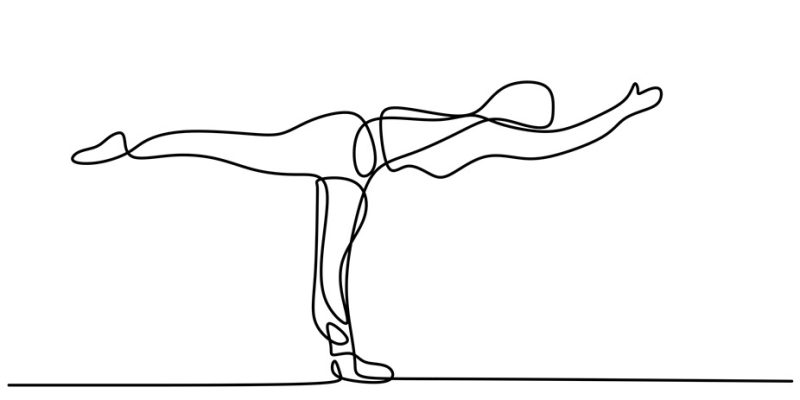
One of the questions in relation to Breathwork is if practicing it can be dangerous for your health, and what sort of risks, precautions, and/or contraindications may apply.

Now, there are really many types of Breathwork and they don’t all have the same “dangers” i.e. risks attached to them. So, this is not a clear-cut case, and as such we’ve tried to give you a more general overview here further below.
Our advice is to check more in-depth on the specific risks, precautions, and/or contraindications with regard to the type of Breathwork you want to engage in.
In any case, it’s common that the Breathwork facilitator or Breathwork therapist will inform you about them, but it’s always wise to double-check for yourself on the Internet and/or with a professional healthcare provider what may apply for the specific Breathwork modality you want to work with.
Risks of Breathwork
- Sometimes, Breathwork may cause distress, anxiety, and panic in vulnerable people, such as those at risk for mental health conditions, or those already suffering from mental health conditions.
- Some Breathwork modalities may or are explicitly aimed at causing a state of hyperventilation (so-called overbreathing). Read more about the risks and symptoms hereof in our post about Hyperventilation and Breathwork.
- Some types of Breathwork may or deliberately cause resurfacing of past traumatic physical and emotional experiences, which can cause distress, anxiety, and panic if not guided appropriately.
- In very exceptional cases, lack of oxygen to the brain has caused permanent health damage to participants.
Precautions with Regard to Breathwork Practices
- If it’s the first time you’ll participate in Breathwork, it’s a good idea to work with a professional, certified Breathwork facilitator or proficient Breathwork therapist.
- Breathing exercises should be done in moderation, and without too much strain;
- If you feel tired, weak, dizzy, and overly anxious and stressed, or experience an excessively fast heartbeat during a session, it’s generally better to stop and rest;
- It’s always better to start gradually with the practice, not too long, not too often, and then gradually increase the time spent if things work out satisfactory;
- Avoid distractions during Breathwork sessions in order to be able to perform them well and as indicated;
- Always check with a professional healthcare provider if you can safely engage in Breathwork, and if perhaps other treatments would be more appropriate. This is particularly important if you have a known medical or specific other health condition, for instance such as mentioned hereunder:
- Cardiovascular disease or having suffered from heart attacks, high blood pressure, and/or angina;
- Glaucoma or retinal detachment;
- Recent injuries or surgery;
- If you take medication;
- Mental health issues;
- Seizures and/or aneurysms;
- Osteoporosis;
- Asthma or other respiratory conditions.
Breathwork Contraindications
- Breathwork can help reduce stress and anxiety, give emotional release and relief, but mind that Breathwork is not a replacement for surgical or medical treatment;
- If you have had negative experiences with a certain type of Breathwork it may not be a good idea to repeat it. Nevertheless, other types of Breathwork may be suitable for you;
- In a more general sense, Breathwork is not advised for people with severe mental illness, recurrent seizure disorders, or those who use extensive medication;
- And last, but not least: stay on the safe side and don’t engage in Breathwork if you are pregnant or breastfeeding.

















